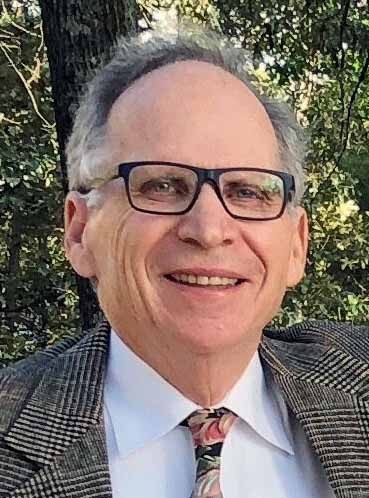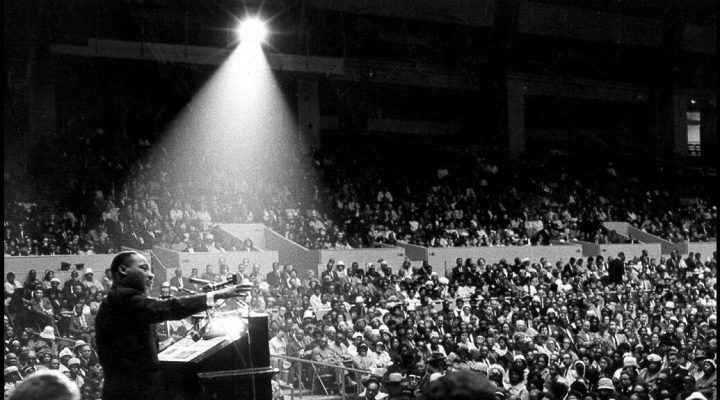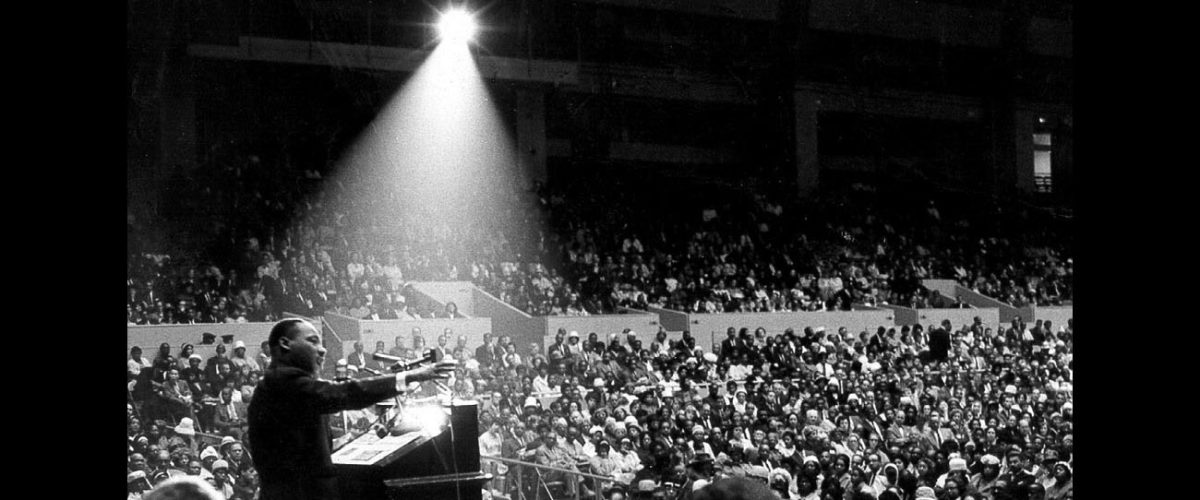We remember the life and accomplishments of Martin Luther King Jr., who was born on Jan. 15, 1929, in Atlanta. His birthday became a federal holiday in 1983 and is observed on the third Monday of January. It became a holiday in all 50 states by 2000.
His accomplishments include:
- On Dec. 5, 1955, in Montgomery, Ala., King implemented the Montgomery bus boycott after Rosa Parks refused to give up her seat and move to the back of a public bus on Dec. 1. This 13-month citizen protest against segregation resulted in the United States Supreme Court’s 1956 ruling that racial segregation on public buses was unconstitutional.
- On Aug. 28, 1963, 250,000 people marched on Washington, D.C. They met at the Lincoln Memorial to demand increased legal protections for voting rights, fair wages, education, housing, employment. King gave his famous “I Have a Dream” speech there. As a result, President John Kennedy initiated a federal civil rights bill that produced the 1964 Civil Rights Act and the 1965 Voting Rights Act, both signed into law by President Lyndon Johnson.
- In 1964, King received the Nobel Peace Prize for his leadership in the areas of civil rights and social justice, notably for his emphasis on nonviolent, peaceful methods. In his acceptance speech, he said: “Nonviolence is the answer to the crucial political and moral question of our time.”
- On Jan. 7, 1966, King and his Southern Christian Leadership Conference announced the Chicago Freedom Movement that identified Chicago’s “unfair housing practices” and led to the passage of the federal Fair Housing Act of 1968. It also demonstrated that King would not stereotype the South as the only racial offender. This was America’s problem.
- On April 4, 1968, King was assassinated outside his second floor room at the Lorraine Motel in Memphis. America still grieves the loss of his life and contributions up to that point, but also the loss of what might have been another 50 years of such sacrificial living. He was 39 years old.
Serious followers of Martin Luther King Jr., recognize this brief sketch misses something in his life and work; specifically, that he was not only “Dr. King, a civil rights pioneer,” but also “Rev. King, an ordained Baptist minister, gifted Bible preacher, and committed Christian.” The latter produced the former.
Raised in a family of clergy, he remembered fondly those childhood days around the mealtime table where Bible stories were as common as biscuits and were told with excitement, humor and prayerful devotion. As he told Ebony magazine later: “In the quiet recesses of my heart, I am fundamentally a clergyman.” He also earned a divinity degree from Crozer Theological Seminary and a doctorate in systematic theology from Boston University.
Ordained at age 19, King was co-pastor, alongside his father, at Ebenezer Baptist Church in Atlanta, where he had been baptized as a child. He later served Dexter Avenue Baptist Church in Montgomery.
Responding to the charge that he was a racial “extremist,” he said: “Yes, I am an extremist in the tradition of Moses, Amos, Jesus, the Apostle Paul, Martin Luther, Thomas Jefferson and Abraham Lincoln.”
His famous civil rights sermons and writings sparkled with biblical references and expanded such traditional staples as the Good Samaritan and being “born again.” Attending to the wounded along the dangerous Jericho Road was not enough: “We must also clean up that road and make it safe for travelers.”
Being “born again” held for him its biblical Greek meaning: structural, even architectural, change within one’s heart and behavior that carries over to society and its sinful injustice: racism, poverty, education, housing, voting rights.
Society is reborn as individuals are reborn.

Russell G. Waldrop
Russell Waldrop is a member of the Waynesboro, Va., branch of the NAACP.
Related articles:
A privileged white Southern dad reflects on racism and the legacy of MLK | Opinion by Brad Bull


